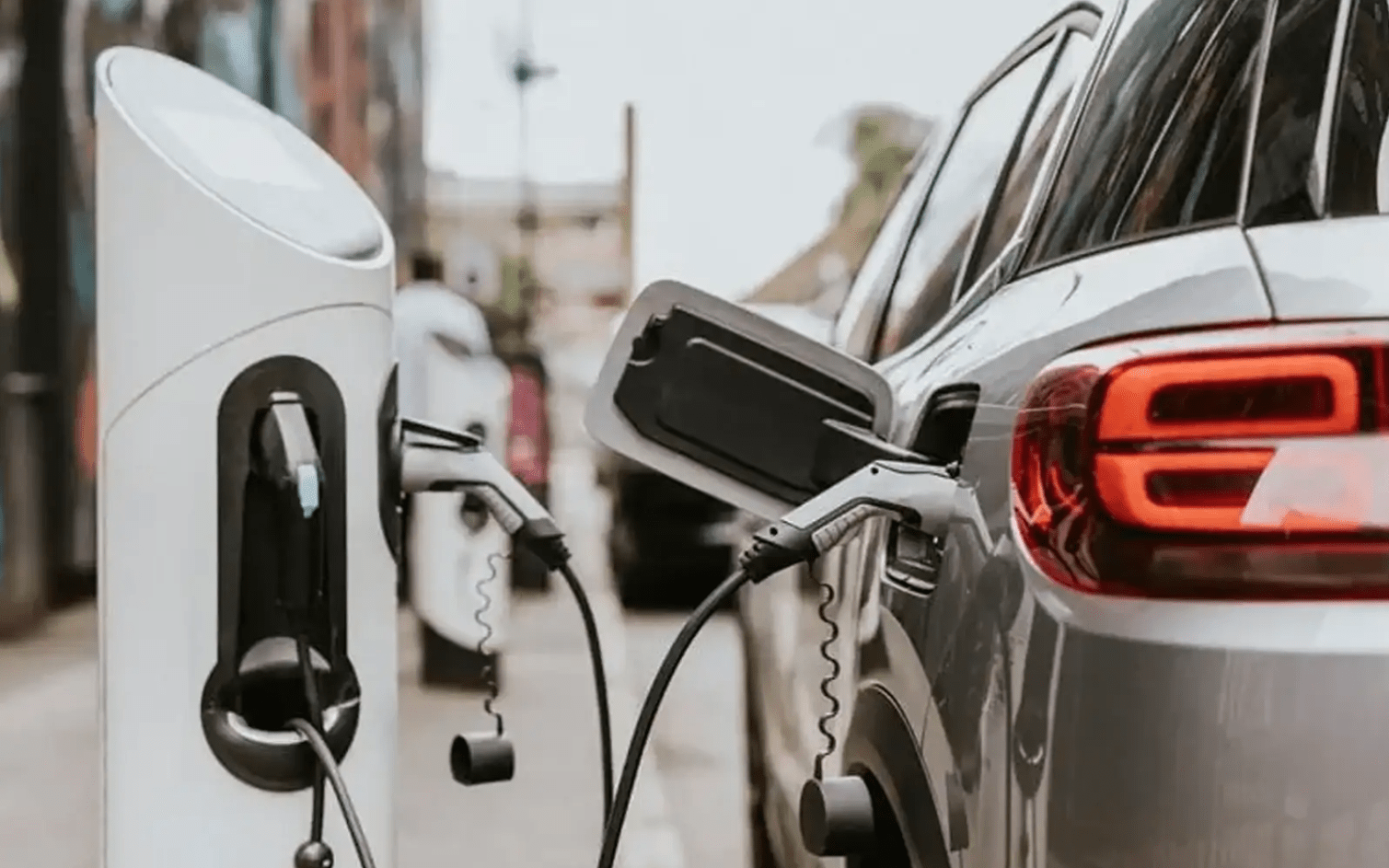Introduction
Electric vehicles (EVs) have become increasingly popular due to advancements in technology, government incentives, and environmental consciousness. Consumers are now more aware of the benefits of reducing emissions, cutting fuel costs, and contributing to cleaner air. However, a less-talked-about component that plays a pivotal role in these advanced vehicles is the Electronic Control Unit (ECU). In this blog, we’ll dive into how ECUs interact with EV systems and how they contribute to the overall performance of the vehicle.
What is an Electric Vehicle (EV)?
Not to be confused with hybrid vehicles, electric vehicles are powered by an electric motor and battery rather than the traditional gasoline or diesel engine. In recent years, EVs have evolved drastically, with models like the Tesla Model S, Nissan Leaf, and BMW iX offering longer ranges, higher performance, and more luxury features. But the real game-changer has been the transition from lead-acid to lithium-ion batteries, which now offer up to 300 miles of range and can last ten times longer than their predecessors.
What Are Battery Management Systems (BMS)?
At the heart of every EV is the battery management system (BMS). The BMS is responsible for monitoring battery health, managing voltage, and ensuring the battery’s longevity. It also communicates error codes and performance stats to other control units, including the ECU. For example, it tracks the battery’s temperature and initiates cooling processes when necessary, which prevents battery degradation and ensures the vehicle continues to operate efficiently.
Role of the ECU in Electric Vehicles
While a traditional gasoline-powered vehicle relies heavily on the ECU to manage engine performance, EVs shift the focus. The ECU in an electric vehicle still processes data from various sensors, but instead of regulating combustion, it oversees the electric motor’s performance and optimizes energy usage. By processing real-time data on driving conditions, acceleration, and braking, the ECU helps balance the power distribution between the battery and the motor to ensure efficiency and safety.
Vehicle Control Unit (VCU) vs. ECU
In EVs, the Vehicle Control Unit (VCU) is the counterpart to the ECU. While the ECU in traditional vehicles focuses on fuel injection and ignition timing, the VCU is tasked with managing the EV’s overall energy consumption. The VCU controls features like regenerative braking, which captures energy during braking to recharge the battery, and thermal management systems, ensuring that the motor and battery operate within safe temperature ranges. Let’s compare the key differences:
Engine Control Unit’s Pros
- Efficient Engine Performance: The ECU optimizes fuel economy and emissions in traditional vehicles.
- Affordability: With simpler technology, the ECU is easier and cheaper to maintain and repair in gas-powered cars.
- Widespread Availability: The ECU is a well-established technology, making parts and repairs easier to find.
Engine Control Unit’s Cons
- Limited Functionality: The ECU can only manage engine performance, making it incompatible with EVs.
- Outdated Processing Power: In modern vehicles, especially hybrids and EVs, more data processing power is required than the ECU can provide.
Vehicle Control Unit’s Benefits
- Energy Efficiency: The VCU optimizes power usage, enhancing the range of EVs and hybrids.
- Advanced Features: It manages key EV functions, such as regenerative braking and battery health.
- Future-Proof: The VCU is better suited for next-gen electric and hybrid cars, making it a vital component moving forward.
Vehicle Control Unit’s Cons:
- High Cost: Due to its complexity, the VCU is more expensive to repair and replace.
- Availability: VCUs are exclusive to electric and hybrid vehicles, making parts and repair knowledge less widespread
Conclusion
As Electric Vehicle technology evolves, the role of the ECU has shifted to manage more sophisticated systems like battery management, motor performance, and energy distribution. While both ECUs and VCUs are crucial to the vehicles they control, the future lies in more advanced control systems like the VCU, which ensures that electric vehicles continue to perform efficiently, safely, and with minimal environmental impact.
Contact Us
Ready to start with an Electronic Control Unit tailored to your needs? Fill out the form below, and we’ll help you find the perfect solution. Complete in a minute, and our team will provide the expert support and service you need.
